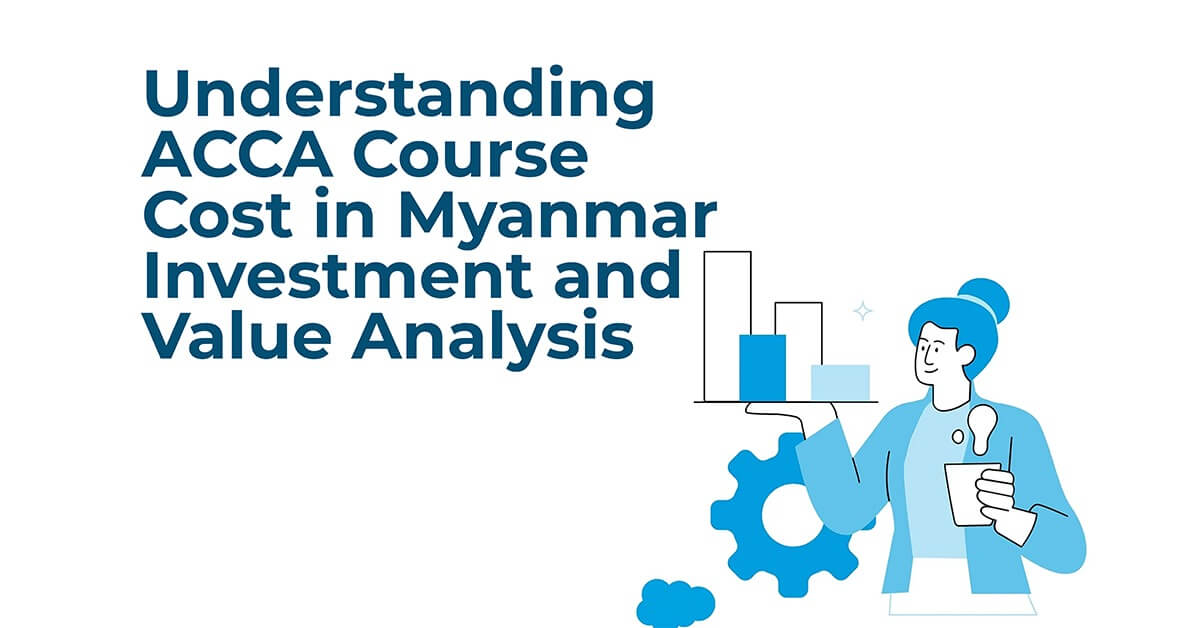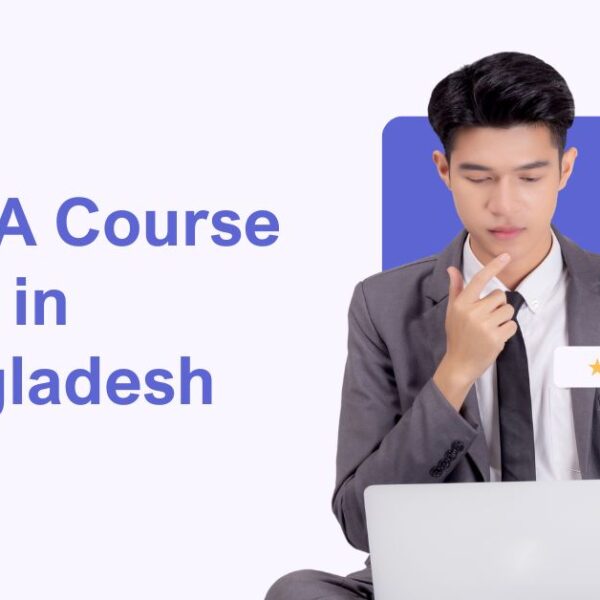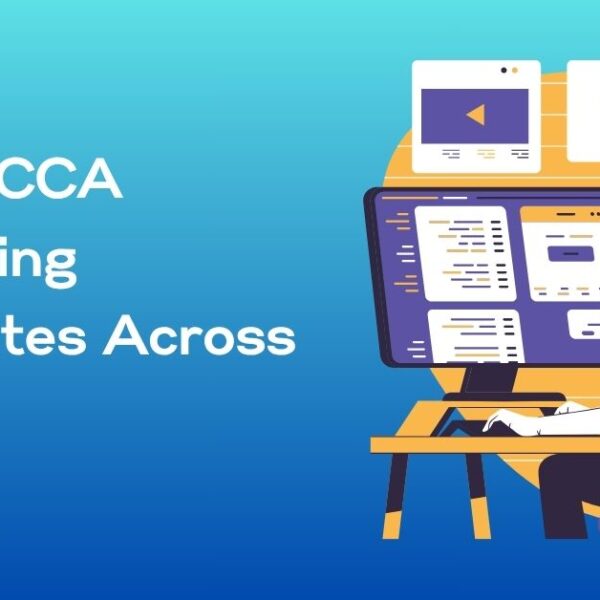For aspiring accounting professionals in Myanmar, the ACCA qualification represents a significant career investment. While the credential offers substantial long-term benefits, prospective students must carefully evaluate the comprehensive financial commitment involved. This detailed analysis examines the various cost components, funding options, and return on investment considerations relevant to Myanmar students planning their ACCA journey.
Core ACCA Qualification Expenses
The total ACCA course cost encompasses several distinct fee categories:
Initial Registration Fee This one-time payment establishes student status with ACCA global. Myanmar students benefit from ACCA’s differential pricing policy for developing economies, making this initial investment more accessible.
Annual Subscription All registered students must pay this yearly fee to maintain active status, regardless of whether they sit examinations during that period. Early payment discounts sometimes apply.
Examination Entry Fees These vary by paper and level:
- Applied Knowledge – lowest tier fees
- Applied Skills – intermediate fee level
- Strategic Professional – premium fee structure
Examination fees must be paid for each sitting, including any retakes required.
Exemption Fees Students with relevant prior qualifications may receive exemptions from certain papers, but each exemption granted carries a fee approximately equivalent to the examination cost for that paper.
Ethics Module Fee The mandatory Ethics and Professional Skills Module carries a separate one-time fee required before Strategic Professional papers can be attempted.
Educational Preparation Costs
Beyond ACCA’s direct fees, students must budget for learning support:
Study Materials Essential resources include:
- Official ACCA textbooks and revision kits
- Access to online question banks
- Supplementary reference materials
- Digital or physical revision resources
Tuition Fees Educational support options include:
- Full-time classroom courses (highest cost tier)
- Part-time evening/weekend classes (mid-range investment)
- Online learning programmes (variable pricing)
- Revision courses (focused examination preparation)
In Myanmar, tuition fees vary significantly between providers in Yangon and those in smaller urban centers, with prestigious learning partners commanding premium rates.
Technology Requirements Online learning necessitates:
- Reliable internet connectivity
- Suitable computing devices
- Software applications
- Printing capabilities for study materials
Additional Practical Considerations
Complete budgeting should account for these supplementary expenses:
Transportation Costs Students attending physical classes or examination centers incur regular travel expenses, which vary by location and transport options.
Accommodation Considerations Students relocating for study purposes face housing costs, particularly relevant for those moving to Yangon from provincial areas.
Opportunity Costs Full-time study options involve foregone income during qualification periods, a significant consideration for working professionals contemplating career pauses.
Examination Centre Fees While included in examination fees, some remote locations may involve additional administration charges or travel requirements.
Funding Options Available to Myanmar Students
Several financing approaches can help manage the ACCA course cost:
Employer Sponsorship Many accounting firms and financial organisations support staff through:
- Full or partial fee reimbursement
- Study leave allowances
- Performance-based incentives for examination success
Payment Plans Some learning providers offer instalment options to distribute costs over the study period rather than requiring upfront payment.
Family Support Structures Traditional family financing remains common in Myanmar, with extended family often contributing to educational investment for promising students.
Self-Financing through Part-Time Work Many students balance employment with studies, using income to progressively fund their qualification journey.
Long-Term Value Assessment
Evaluating ACCA course cost against career benefits involves considering:
Salary Premium ACCA-qualified professionals in Myanmar typically command 30-50% higher compensation than those with only undergraduate qualifications.
Career Advancement Velocity Qualification holders generally experience accelerated promotion timelines, particularly within international organisations.
Global Mobility Options The internationally recognised credential enables career opportunities beyond Myanmar’s borders.
Professional Longevity The qualification provides a foundation for career resilience through economic cycles and industry changes.
Cost Optimisation Strategies
Myanmar students can manage expenses through several approaches:
Strategic Examination Planning Carefully scheduled paper combinations maximise knowledge transfer while minimising required study resources.
Selective Use of Premium Services Reserving full tuition support for challenging papers while self-studying more accessible subjects.
Early Bird Registrations Taking advantage of reduced fees for advance examination bookings.
Shared Resource Systems Developing study groups with shared materials to distribute costs.
By thoroughly understanding all cost components and planning finances strategically, Myanmar students can make informed decisions about their ACCA journey, ensuring their professional investment aligns with both career aspirations and financial realities.








